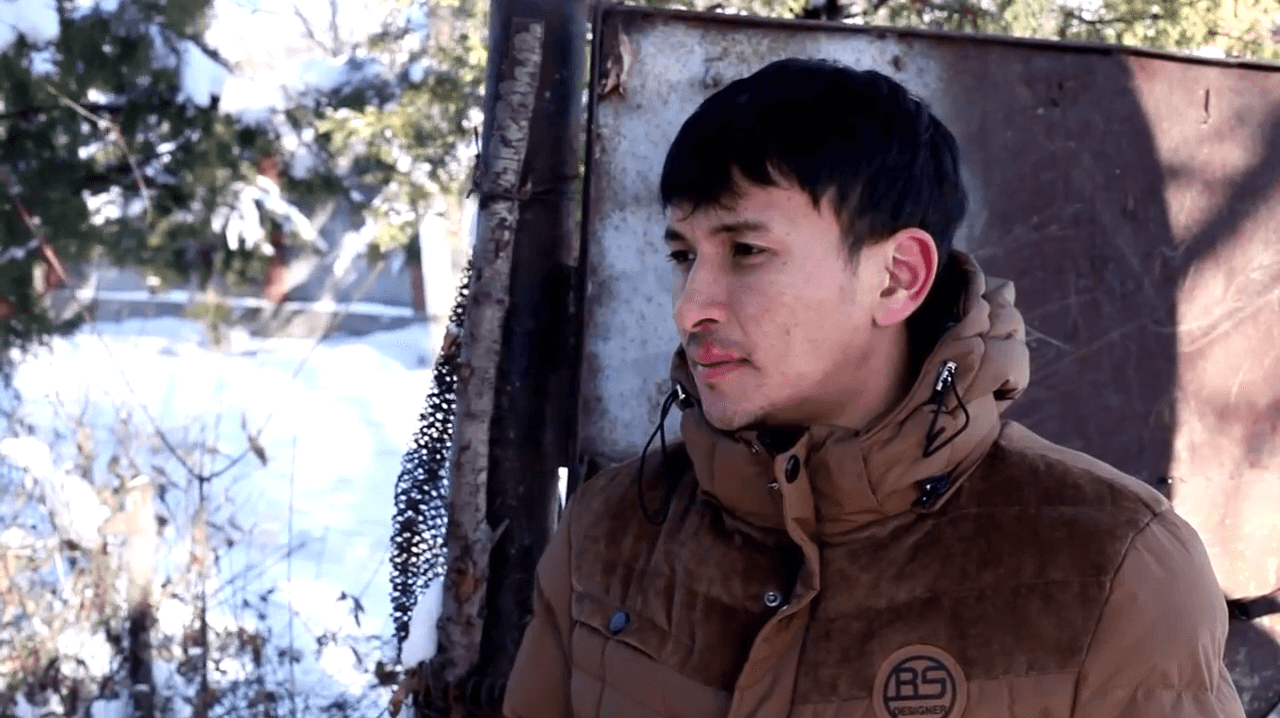Как вы могли догадаться главный герой трудящийся мигрант, отправляющийся на заработки за рубеж. В кадр попадает и провожающая его семья – мать и младший брат, отражена также скудная обстановка внутреннего двора дома. Главный герой много и усердно работает, исправно посылая деньги домой. Показано на что тратятся присылаемые деньги, т.е. на празднества, покупку автомашины. Радостное возвращение домой трудящегося мигранта омрачает, та же скудная обстановка и нужда в семье, что была до его отъезда.
Далее происходит отражение альтернативного исхода событий. Главный герой, во время своей работы за рубежом, задумывается и приходит к иному решению вложения своих средств. Теперь его приезд ничем не омрачен, скудная обстановка исчезла, обветшалая калитка сменились новыми металлическими воротами, а вместо беспросветной нужды появился цех по выпечке хлеба.
Отражение обоих сценариев хода событий должны заставить задуматься трудящихся мигрантов и прежде всего оставшиеся на родине их семьи, над рациональным использованием присылаемых средств в свое долгосрочное и устойчивое развитие.
As you might have guessed the main hero is a labour migrant who is going abroad to work there. His family accompanying him gets into the shot - his mother and younger brother, meagre settings of the house’s courtyard is also shown. The main hero works a lot and hard regularly sending money home. What the sent money is spent for is also shown, i.e. for celebrations, purchase of a car. Joyful homecoming of the labour migrant is darkened by the same meagre surroundings and the need in the family which was here before his departure.
Further, there is a reflection of an alternative outcome. The main character during his work abroad thinks about the way to invest his funds and comes to a different decision. Now his arrival is not overshadowed at all, meagre surroundings had disappeared, the dilapidated gate had been replaced by a new metal gate, and instead of hopeless penury a shop for baking bread had appeared.
Both scenarios of the course of events should make labour migrants and first of all their families remaining in the homeland think about the rational use of remitted funds for their long-term and sustainable development.


